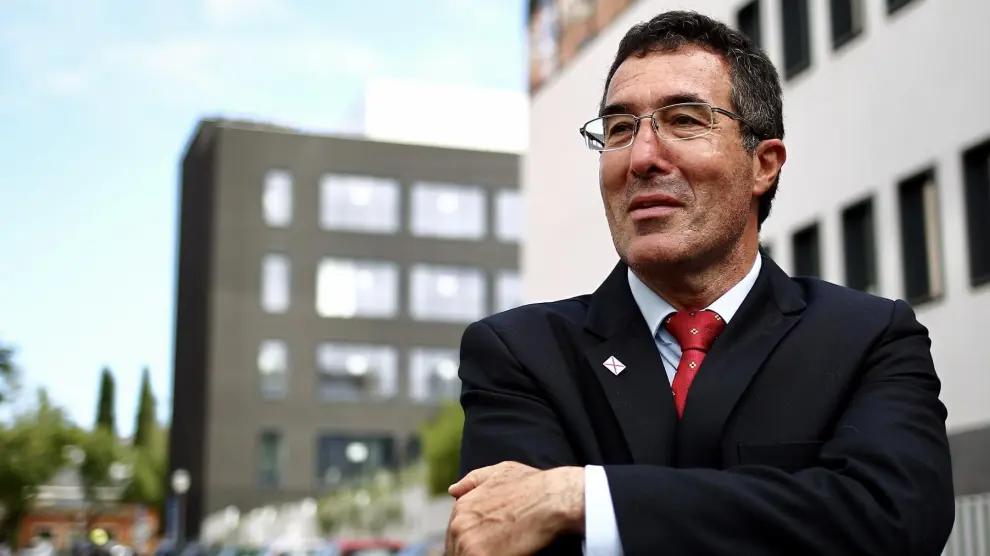Academic Censorship: The Curtailed Lecture of Marcelo Gullo in Puerto Rico
Background on Marcelo Gullo’s Scheduled Lecture
Marcelo Gullo, a distinguished Argentine historian and author, found himself at the center of a controversy involving academic freedom and censorship. Gullo, known for his work in debunking the Black Legend—a historical narrative critical of Spanish colonial actions in the Americas—was scheduled to deliver a lecture titled “Spain, Motherland of Hispanic America” at the University of Puerto Rico. This event was organized by the Association of Hispanists of Puerto Rico and was eagerly anticipated by academics and students alike.
The Unexpected Cancellation
The academic community was taken by surprise when, just hours before the event on April 4, the lecture was abruptly canceled. The Dean of the Faculty of Humanities at the University of Puerto Rico, Agnes Bosch, informed the event organizers of the cancellation without providing a public explanation. This last-minute decision sparked accusations of censorship from various corners of the academic world, particularly those supportive of Gullo’s perspectives.
Reaction and Repercussions
The cancellation led to a significant backlash, both locally and internationally. Supporters of Gullo, including Víctor Colón, a Puerto Rican professor, expressed their discontent and framed the cancellation as an attack on the Hispanic heritage and academic freedom. Colón emphasized the resilience of Hispanic culture against various adversities and criticized the suppression of a scholarly voice due to its pro-Hispanic stance.
Rescheduled Plans and Continuing Lectures
Despite the setback at the University of Puerto Rico, the organizers moved quickly to reschedule the lecture at an alternative venue, the Iberia Hotel, ensuring that Gullo’s visit to Puerto Rico would proceed. This decision highlighted a strong commitment to academic freedom and the dissemination of knowledge, regardless of institutional barriers.
Conclusion: The Broader Implications
The incident involving Marcelo Gullo’s canceled lecture serves as a poignant reminder of the ongoing challenges in the academic world, where censorship can still emerge as a barrier to free expression and scholarly debate. It raises critical questions about the role of universities as platforms for open dialogue and the impact of administrative decisions on the intellectual landscape. As this situation continues to unfold, it underscores the importance of vigilance and advocacy for academic freedom in educational institutions worldwide.

